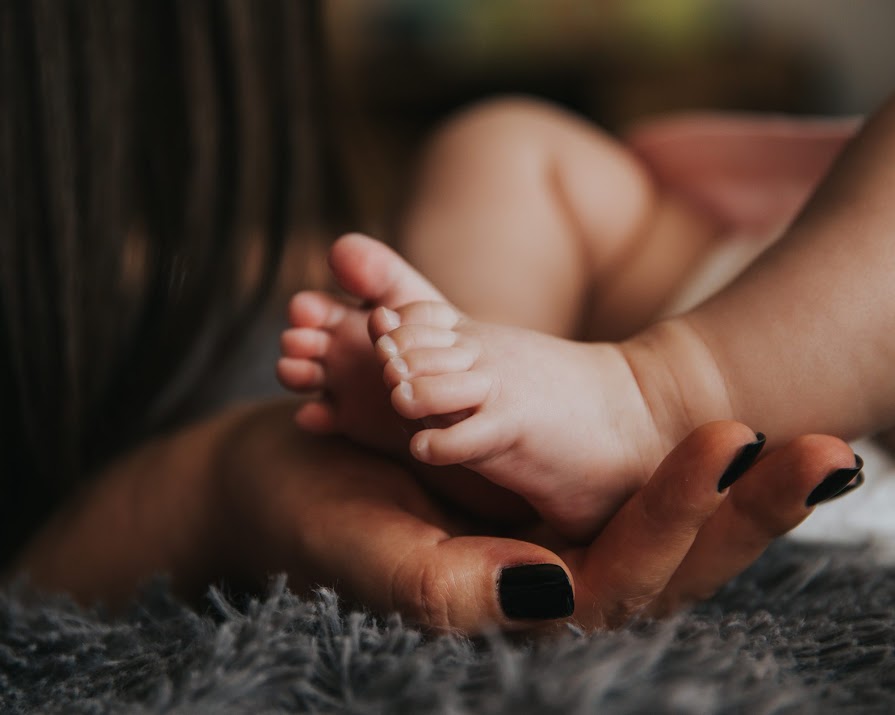
Babies or business: women are putting off getting pregnant in case it damages their careers
By Colette Sexton
13th Jul 2018
13th Jul 2018
Colette Sexton, news correspondent at The Sunday Business Post, says that workplace pressures mean women feel they need to put off having babies and this is not something women can solve alone.
Younger women are putting off having babies in favour of prioritising their careers. That is what the Office for National Statistics in Britain said earlier this year when it revealed that for the first time ever, over-40s were the only age group with a growing pregnancy rate. The conception rate per 1,000 women over 40 increased from 15.1 in 2015 to 15.4 in 2016, while conception rates in 2016 decreased for women in all other age groups. There were 28,744 conceptions to women in their 40s in 2016. This more than doubled from 12,032 in 1990.
“Reasons for an increased number of women conceiving at ages 30 and over include increased participation in higher education, increased female participation in the labour force, increased importance of a career, the rising opportunity costs of childbearing, labour market uncertainty and housing factors,” the ONS said.
Is it at all surprising that in an age where companies now offer egg-freezing as a “perk” that women feel they cannot get pregnant “too young”? A report from PWC this year said that four in 10 women (44 per cent) worry about the impact having a baby could have on their career, while nearly half 48 per cent of new mothers felt overlooked for promotions and special projects upon their return to work. Like many men, women also work extremely hard to educate themselves and to build their careers. But unlike men, women know that once they have babies, their career opportunities are likely to be negatively affected.
Those fears are not unfounded. A motherhood penalty exists. Women who get pregnant between 25 and 35 are likely to never see their pay recover in line with that of their partners, according to a working paper published by the Census Bureau in the US last November. No wonder women are waiting longer to have their babies.
Over all, women earn $12,600 less than men before having children and more than double than, $25,100 less after having babies, according to the analysis which looked at earnings for opposite-sex, married couples who had their first child between 1978 and 2011. The pay gap gets bigger with each additional child and does not begin to shrink until children reach the age of 10. However, the research showed that women who have their first child before 25 or after 35 eventually close the salary divide with their husbands.
So what can women do about this? Aiming to have babies before they turn 25 is pretty unreachable for most, who might not be in a stable financial or relationship situation to do so. Equally, waiting until after 35 can be risky as well, as it can be harder to get pregnant the older the parents get. The motherhood penalty cannot be solved by individual women. It needs significant societal and political change. Policies need to be introduced to divide parenting responsibilities more equally role between mothers and fathers and childcare needs to be more affordable and accessible. But for now unfortunately, it appears women will continue to have to decide between babies and career advancement.























